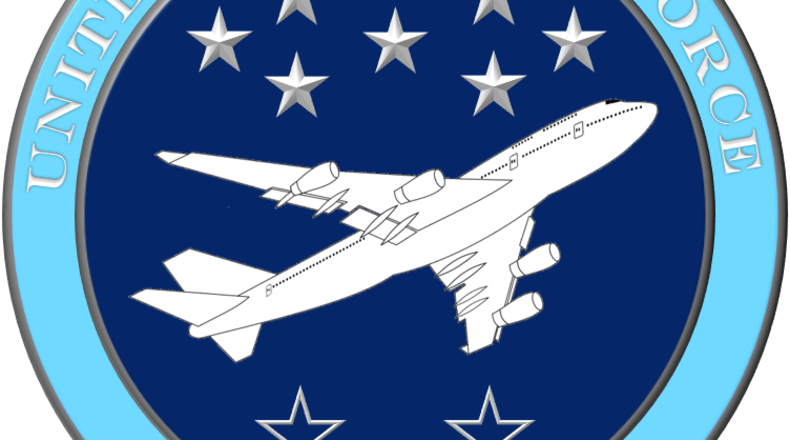The work began in late February in San Antonio, according to a press release from the Air Force Life Cycle Management Center, which is based at Wright-Patterson. The program is managed by about 100 employees at the Life Cycle Management Center’s Presidential & Executive Airlift Directorate.
MORE: The Dayton VA is screening visitors and employees for coronavirus now
“VC-25B, the next ‘Air Force One,’ is a program to design, modify, test and deliver two aircraft replacing the current VC-25A and will serve as a flying White House for the next thirty years,” the release said Wednesday.
Known worldwide by the call sign “Air Force One” when the president of the United States is on board, the VC-25B is meant to ensure safe, secure, global transport for the president and his staff.
“While airborne the president can execute the duties of commander in chief, head of state, and chief executive,” the Life Cycle Management Center said.
The first phase of modification work involves cutting out large skin and structure areas in both the forward and aft lower lobes of the aircraft, then installing two new superpanels, the release said. The superpanels contain structural upgrades and cutouts for the VC-25B lower lobe doors including internal airstairs for mission requirements, according to the Air Force.
Credit: Jim Noelker
Credit: Jim Noelker
Personnel from Boeing and Air Force VC-25B program office team began the first day of work by ensuring that the work area was free of debris, a daily practice, the Air Force said.
“You are here as the best of our country, you represent all Americans in the work you have before you to transform these two bare 747s into the aircraft that will proudly represent our country around the world,” David Moenter, VC-25B mission systems program manager, told workers on the scene.
“Air Force One is a symbol of our nation that is instantly recognizable worldwide,” Brig. Gen. Ryan Britton, Air Force program executive officer for presidential & executive airlift, said in the release. “This is an exciting time as we take the initial steps to create these unique aircraft that the team and I brag are the most important aircraft in the world.”
The aircraft will have electrical power upgrades, a mission communication system, a medical facility, executive interior, and autonomous ground operations capabilities and more.
The new aircraft are expected to begin operations in 2024.
About the Author


